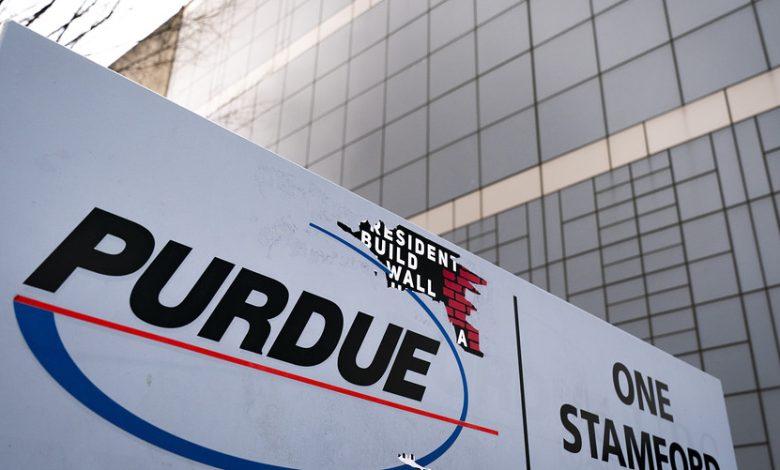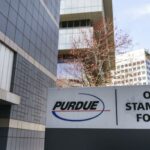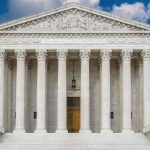Supreme Court Considers Purdue Pharma Case, Balancing Legal Protections and Due Process

In a pivotal legal battle, the U.S. Supreme Court grapples with the Purdue Pharma case, navigating a delicate balance between righting a perceived legal misstep and potentially displeasing involved factions. The case involves Purdue Pharma, its founding Sackler family, states, individuals, and a substantial settlement.
The heart of the matter lies in the court’s evaluation of whether to terminate the practice of extending legal protection to entities that haven’t declared bankruptcy, all while invalidating a settlement that enjoys support from a majority of affected parties. This decision, aimed at improving due process, introduces complexities that challenge the current legal landscape.
At the center of the dispute is a $10 billion settlement, approved in 2021, designed to compensate states, localities, hospitals, and individuals impacted by Purdue Pharma’s actions. However, the settlement also includes legal safeguards for the Sackler family. The U.S. Department of Justice contests this arrangement, contending that bankruptcy protection should be reserved for those in financial distress and not for entities like the Sacklers, who have not filed for bankruptcy.
During the court proceedings, liberal Justice Elena Kagan and conservative Justice Neil Gorsuch expressed reservations about the legal shields provided. Kagan pointed out that the arrangement afforded the Sacklers more protection than a standard discharge, shielding them from claims such as willful misconduct. Gorsuch questioned the potential conflict with due process by preventing non-participants from having their day in court.
While a ruling may take months, the Supreme Court’s decision poses a challenging dilemma. Upholding the Department of Justice’s stance could lead to a revamping of the bankruptcy process, addressing concerns related to shielding individuals and companies. Conversely, rejecting the settlement could prolong the resolution sought by those affected by the opioid epidemic.
The majority of plaintiffs, over 95%, have supported the settlement, foregoing their right to a day in court in the interest of closing this troubling chapter. However, the outcome remains uncertain, leaving either the victims of the opioid epidemic or those advocating for an end to bankruptcy shields in a state of anticipation.
Background
The Supreme Court heard arguments on December 4 regarding the approval of Purdue Pharmaceuticals’ bankruptcy agreement. The settlement, valued at approximately $10 billion, was greenlit by a court in 2021 and includes legal protections for the Sackler family. The U.S. Department of Justice argues that bankruptcy protection is intended for those facing financial distress and not for individuals like the Sacklers, who haven’t filed for bankruptcy.
As per the lawsuit, the Sackler family withdrew $11 billion from Purdue but contributed only $6 billion to the settlement. This settlement aims to resolve thousands of class action lawsuits accusing the company of fueling opioid addiction and creating a public nuisance, involving states, localities, hospitals, institutions, and individuals.





